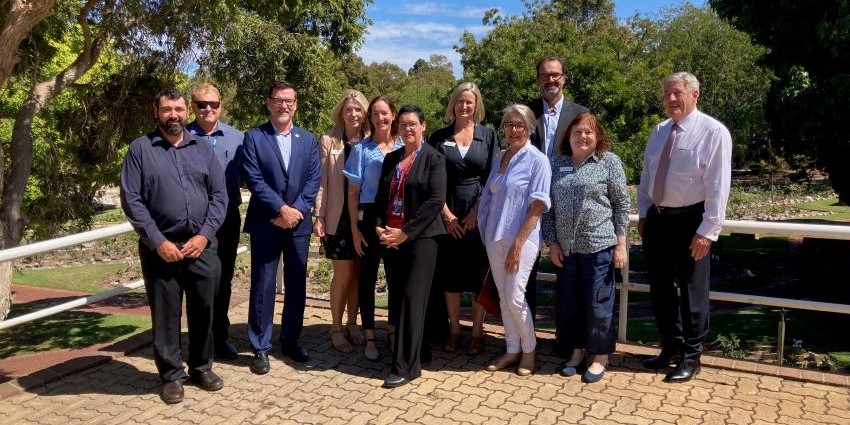The Metropolitan Cemeteries Board participates in a program that creates the opportunity to recycle surgical metals remaining after cremation. Funds raised are directed towards the Cancer Council Western Australia.
When a coffin or casket is cremated, the majority of metal components that have been surgically incorporated into the body of the deceased (i.e. prosthetic or orthopaedic devices such as artificial joints, plates or screws) are not destroyed by the heat of the cremator. These surgical metal components combine with the metal remains from the coffin or casket (staples, screws, hinges etc.) and remain in the cremation chamber among the ashes. When most people consider recycling, we think about paper, plastics or glass. It is also possible to recycle metals, and this may include the various metals used in items such as artificial joints. Frequently, the orthopaedic components that previously comprised surgical additions to the body are made from high-grade metals such as stainless steel, titanium and tungsten—all of which have recyclable value.
Why recycle?
Unless the family requests otherwise, metal items left over after cremation were historically buried in the grounds of the cemetery as they are unable to be ground for integration within the cremation ashes. A small percentage of families ask for the cremation metal to be returned and packaged separately to the ashes of the deceased but the absolute majority do not. In a time when environmental issues are becoming more important to us all, we are realising that we cannot continue practices that may harm our environment. The decision to recycle surgical metals remaining after cremation is an environmentally responsible one. It reduces the amount of waste material being sent to landfill and also helps ensure that the use of non-renewable resources is minimised. The fact that all proceeds raised are donated to charity, at present the Cancer Council Western Australia, means that the recycling can have both an environmental and a broader social impact. Recycling of metals remaining after cremation is now fully accepted in over 15 countries across Europe, including the U.K. and also in some states of the U.S.A. Over 700 cremation facilities now participate with a combined amount of around 200 tonnes of metals being recycled.
Where do the metals go?
The Metropolitan Cemeteries Board partners with Ortho Metals, a fully certified and registered company with more than 18 years of experience in conducting the collection and recycling of metals for crematoria worldwide, including Australia. Ortho Metals collects the stored metals from the cemetery and then arranges for recycling in the most appropriate manner complying with existing local legislation.
What happens to the money raised from recycling?
The recycling of these metal items does generate funds. All proceeds raised from metals collected from Metropolitan Cemeteries Board crematoria are donated to the Cancer Council Western Australia to help them meet the on-going operational costs of Milroy and Crawford Lodges. These Lodges are metropolitan accommodation facilities in Perth for country cancer patients and their carer.
What if I want to have the metal item returned to me or my family?
Unless otherwise indicated prior to the cremation occurring, all metal items remaining after cremation will be recycled. However, if you would like to have the particular item returned to you, please advise your Funeral Director prior to the cremation. Our staff will make arrangements to keep the item and have it returned when the ashes are collected.



